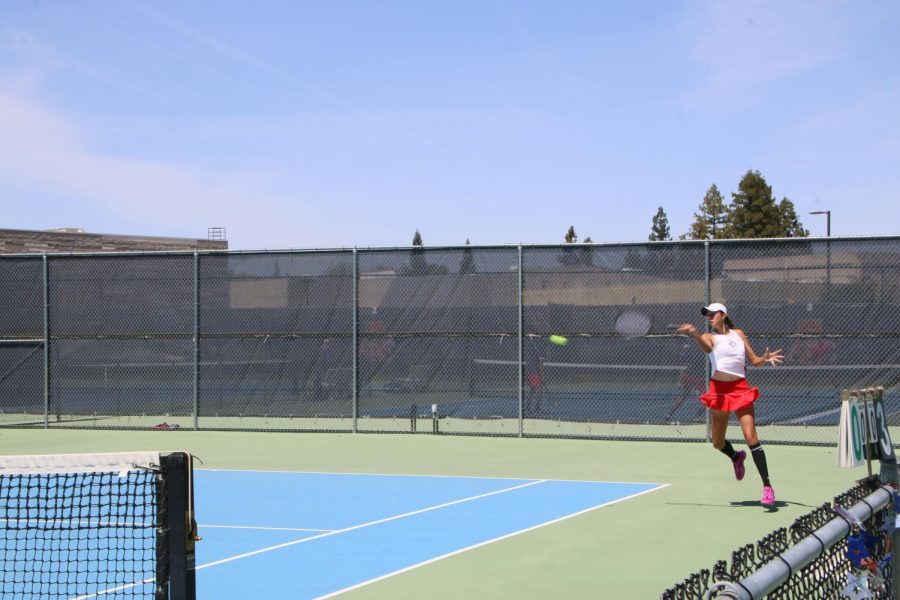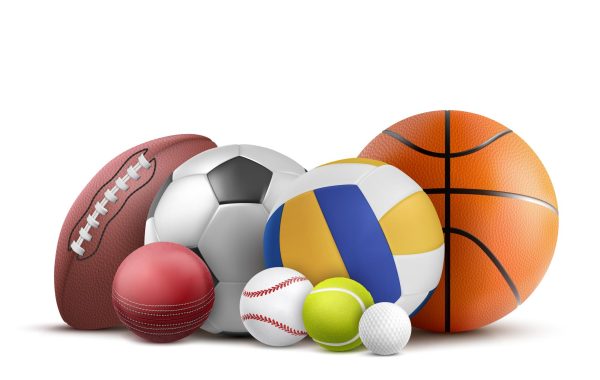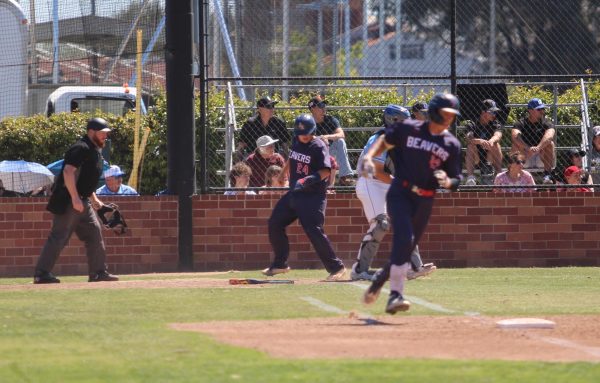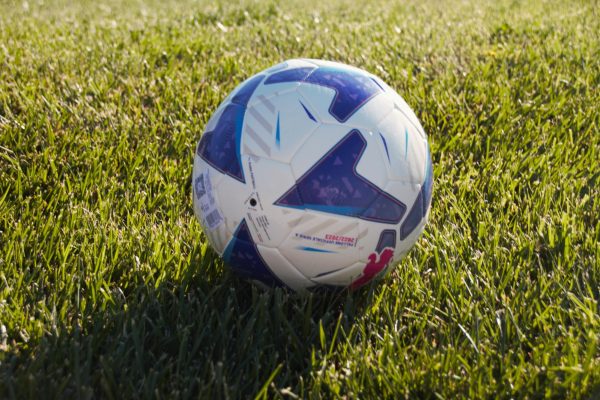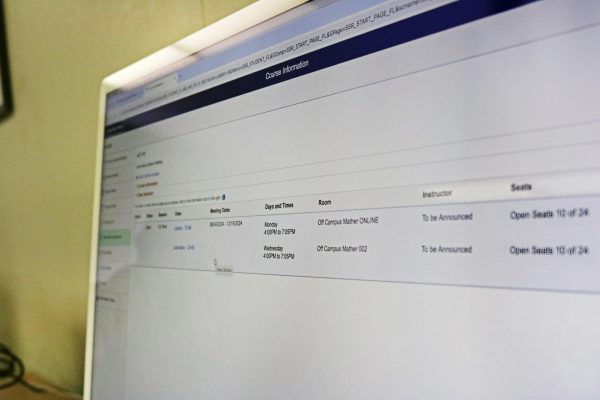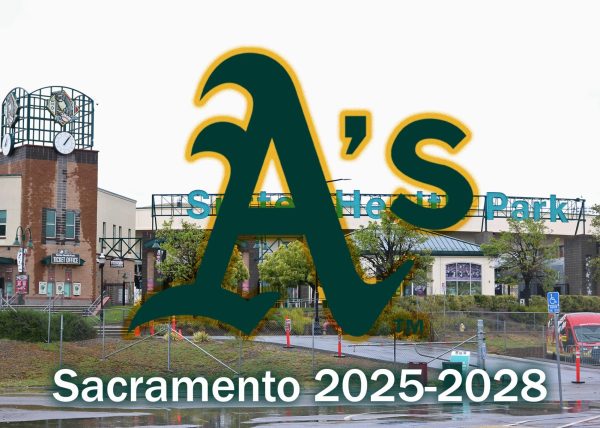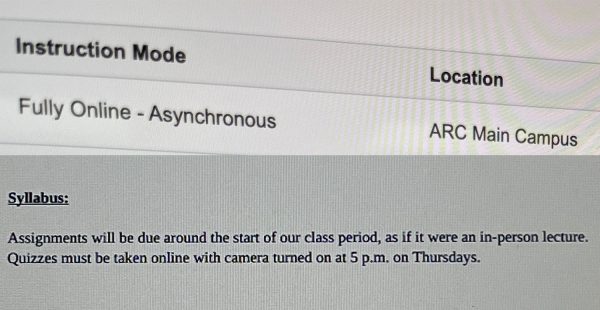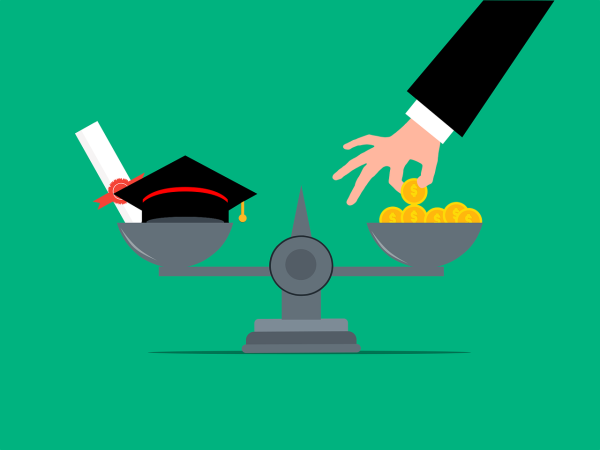During a college tennis match the absence of referees can be a problem
Up to the playoffs, collegiate tennis players must serve as their own referees
In college, tennis players must serve as their own referees during a match. It is hard to think of reasons why this has not been fixed yet.
As a college tennis player myself, sometimes I found this aspect a huge struggle. Players should just think about enjoying the match and try to do their best, instead of having to worry about if their opponent is going to be honest or also if they are going to be criticized because of a wrong call.
One of the main controversies about this is that college students may not be the most objective judges, as many may predict, which could cause controversy during matches.
Conflict between rivals over a call might occasionally occur, making a match uncomfortable and confrontational.
Sometimes this feels like a lot of pressure on the players since they are not able to overcome the conflict or the disagreement continues.
In this case, a second set of eyes can be added, a player or doubles team may ask a coach or teammate to act as a line judge if they believe their opponent is making questionable calls. They will watch but will only make decisions about challenged calls.
This is not enough because coaches and players are not totally impartial, which is why an official is needed.
During playoffs or in higher division teams, we are going to see either two or three officials walking around the courts and checking the player so they can have their best behavior during the game.
However, sometimes this doesn’t stop some players from cheating since in this case the official is not going to call the ball in or out for every point, they just intervene when they need to overrule the players and correct their call.
The point is: what defines tennis as a sport that can be played without officials?
Imagine any other sport without a referee. Football, baseball, volleyball, basketball and softball are just some of the sports that if someone thinks playing without officials would be a complete disaster and the game wouldn’t make sense anymore.
Giving an opponent the benefit of the doubt goes against every competitive impulse—would a cornerback acknowledge engaging in pass interference?
Maybe tennis rules are considerably easier than some sports, but I don’t see it being a good excuse for not having officials. Players sprint while trying to call balls that are traveling at great speeds in or out.
The tension that this provokes takes away the fun for the players and the trust that the opponents have in each other.
Some of the reasons why college tennis doesn’t have referees are the number of officials needed at the same time since a college tennis match consists of three doubles and six singles. There is also the fact that there is a shortage of officials, especially competent ones.
Financially, requesting six refs for every match day at the college level will be a lot to sustain for the school.
Another reason why tennis can be played without officials is the nature of this sport,, according to Bo Jabery-Madison, ARC’s men’s tennis team head coach, Most see it as a sportsmanship sport.
“I think it is the culture of our sport,” Jabery-Madison said. “It’s possible that you do something and don’t get called for or don’t get seen, but the expectation is that on an honor system, you make the right calls.”
These reasons should not be a justification for college students that have to pay the price for it.
It is a problem that should be solved and given college tennis players the same possibility as any other athlete to play with the support of a valid and qualified official.
I believe that if a young tennis player wants to actually do something, then there has to be a group action that gets to the higher level, where they make choices and can bring changes.
This is not an aspect of college tennis that everyone considers a problem. It’s not an issue that affects the possibility of playing the match, but will probably help athletes play without dealing with disagreements and conflicts with the opponent.


